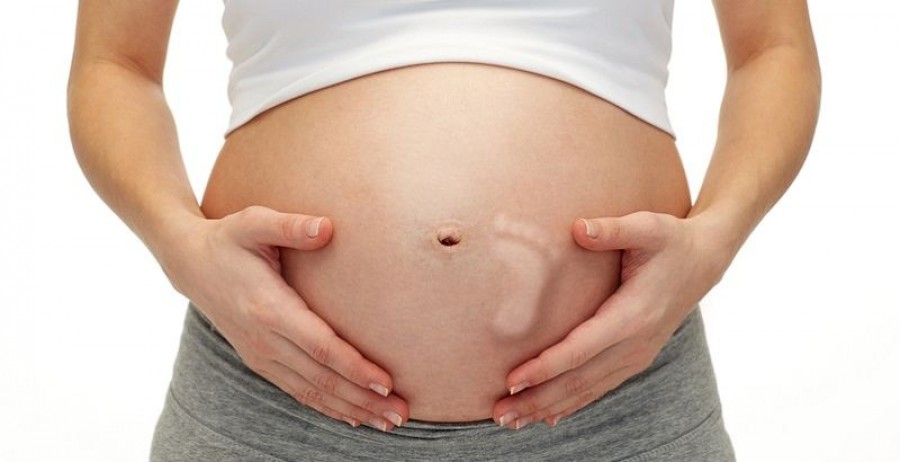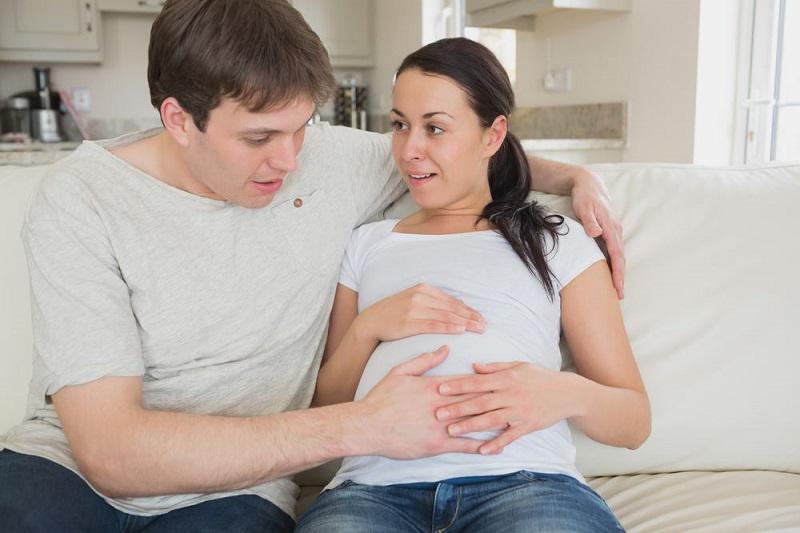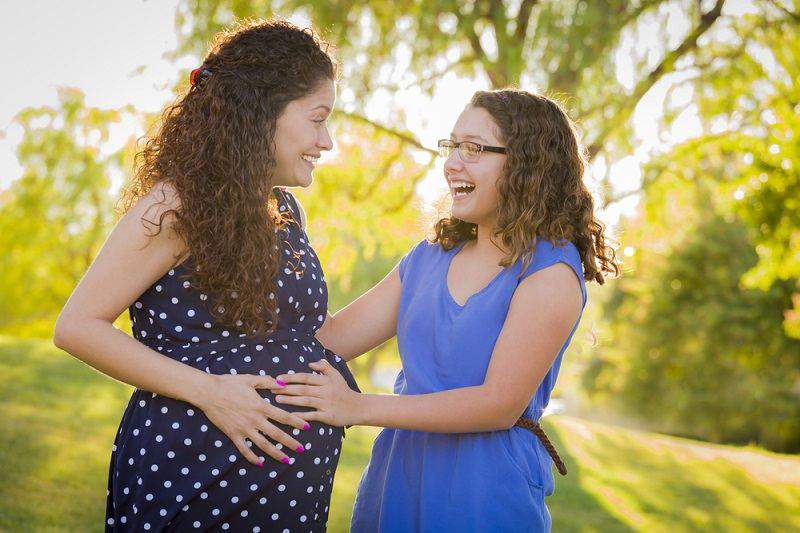Quickening: First Fetal Movement

Pregnancy is an exciting adventure that begins your journey into the amazing world of motherhood.
Along the way, you’ll have many ups and will likely have many downs as well.
It’s all going to be worth it, though, once you meet that precious baby for the first time. One particularly exciting part of pregnancy is the moment you first feel the faint flutters of the little life inside of you.
What is Quickening?
If you’re expecting a new bub, you’ve likely heard the term quickening before, but you may not know exactly what it means.
Quickening is simply a term to refer to the first movements you feel from your baby during your pregnancy.
When Does Quickening Occur?
Quickening most commonly occurs between week 16 and week 20 of your pregnancy.
Typically, first time mums don’t feel their baby’s first movements as soon as a mum that already has children does.
Some first-time mums may not notice their little bub’s movements until shortly after week 20, while mums that are in their second or third pregnancy may start feeling their baby around 14 weeks or 15 weeks.
Some mums report feeling their baby as early as 13 weeks.

What Does Quickening Feel Like?
Your baby’s very first movements will be very faint and may be difficult to identify at first, especially if it is your first pregnancy.
They are often described as a butterfly-like feeling in the tummy.
Sometimes it may feel kind of like gas bubbles, or even an upset stomach.
You may be unsure if it is your baby the first few times you feel this new sensation, but it won’t be long before a pattern becomes noticeable and you’ll have no doubt that you’re finally feeling your little one.
How Often Should You Feel Quickening?
When you first begin being able to feel your bub moving around, it’s unlikely that there will be very regular movement.
When your baby is at this stage, they may be moving around plenty but you will only be able to feel some of the movement because they are still so small.
Don’t worry too much if you only feel your baby occasionally at first.
Over the next few weeks, the movement you feel from your little one should start to become more pronounced and you should start noticing it more often.
You can always let your pregnancy health care provider know if you have any concerns about your baby’s movement.

When Should You Worry About Not Feeling Baby?
Every pregnancy, woman, and baby is different.
Each pregnant woman will start to feel her baby’s first movements at a different time in her pregnancy.
It’s not unheard of for a first-time mum to not notice her baby’s movements until 21 or 22 weeks of pregnancy.
If you still have not felt your baby move by around 24 weeks, you should go ahead and let your pregnancy health care provider know that you still haven’t felt the baby.
This is just a precaution to take so that your pregnancy health care provider can check on your baby and make sure that everything is going as it should.
If you’re anxious to feel your baby as soon as possible, there are some things you can do that may help you be able to feel them a little sooner than you would otherwise.
1. Lay on Your Side
One of the most common recommendations to help a pregnant woman feel her baby moving around is to lay down.
It’s usually best to lay on your side when you’re trying to notice your baby’s movements.
Be still and wait a while in that position focusing on the feelings in your abdomen.
2. Have Some Sugar
Some people recommend eating something sweet when you are trying to get your baby moving.
Indulge in a sweet snack and wait a few minutes to see if it will do the trick and you can feel your little one’s first kicks and wiggles.
Just be careful not to overdo it when having sugar foods during pregnancy.
3. Drink Something Cold
Another thing that may get your baby moving is a little coldness. Try downing a glass of ice water, then pay extra close attention to how your tummy area feels to see if you can notice your bub moving around.
4. Play Your Baby Some Music
Another fun idea to help encourage your baby to move around so that you can possibly feel those first flutters is to play some music for your baby.
You can either play music fairly loud close by to your belly, or put some headphones right on your bump.
Just make sure the music isn’t so loud that it’s uncomfortable.
Alternatively, you could have your partner talk or sing close to your belly so that baby can hear it and see if baby responds by becoming more active.
5. Try Changing Positions
Sometimes moving around and trying out different positions may help you feel your baby move.
Try laying on your side for a while, and if you still don’t feel anything, flip onto your back and try that for a while.
You can alternate between positions to see if you feel your little one moving. If you’re still able to comfortably lay on your stomach, you can try that, too.
In fact, it may be the best position to help you feel baby.
Just be absolutely sure that it is comfortable for you to do so; don’t force yourself to lay on your stomach if it is uncomfortable or painful.

Do You Need to Track Your Baby’s Movements?
It’s likely that you’ve heard about kick counts.
Kick counts are supposed to help you monitor your baby’s movement so that it’s easy to notice any changes in movement or a sudden decrease in movement.
However, when you first start feeling quickening, there is no need for keeping track of it.
It will most likely be very irregular at this point so tracking it is unnecessary.
However, once you get into your third trimester and are feeling the baby regularly, it is a great idea to start kick counts so that you can alert your pregnancy health care provider of any sudden changes or decreases that may signal your baby is in distress.
Do You Need to Do Anything When You Feel Quickening?
You may be wondering if there is anything you need to do when you first begin to feel your baby moving.
There isn’t anything really specific that you need to do, but it is a good idea that you go ahead and let your pregnancy health care provider know that you’ve started to feel your baby moving around.
Not only is it an important and exciting moment that deserves to be celebrated, but your pregnancy health care provider can also help you understand what is normal with baby’s movements.
They can tell you what to pay attention to, and what may be causes for worry regarding your bub’s movement.
You will also probably want to record the date and gestational age of your baby’s first movements so you can always remember this special moment in your pregnancy.
Be Patient
When you’re waiting to feel quickening for the first time, it can be difficult to stay patient.
Those weeks leading up to your baby’s first movements can feel like they’re taking forever, but remember how short your pregnancy really is in the big picture.
Try to enjoy every stage of your pregnancy and your baby’s development. It goes by much faster than it feels like it is in the moment!


